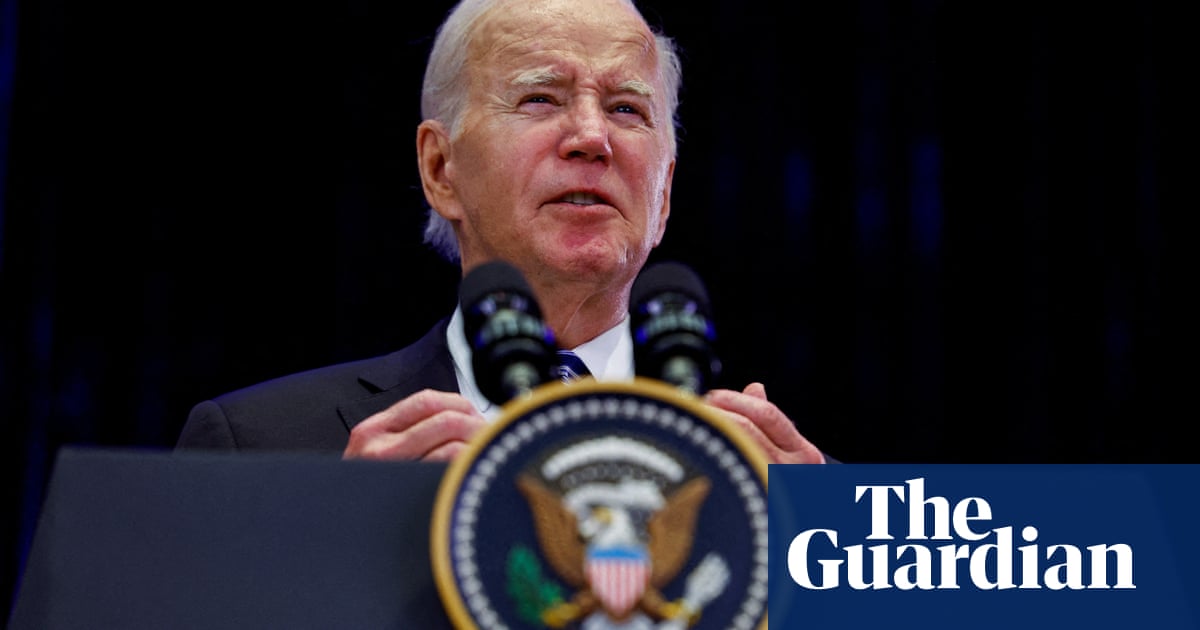
The events of February 1979 and the return of the firebrand cleric Ayatollah Khomeini to Iran signalled the arrival of one of the greatest state sponsors of terror the world has ever known. So what is to be done about Tehran’s destructive influence in the region — and the actions of those who maintain vital lifelines to the regime?
Since 1979 Iran has carried out targeted assassinations and terrorist attacks throughout the world. South America, South Asia, Europe and the Middle East have all experienced bloodshed resulting from the sponsorship and training that Tehran has offered its terrorist proxies and intelligence operatives.
As recently as last year French authorities foiled a planned terror attack on Paris. It was France that offered Khomeini and his Islamic Revolutionary Council asylum in 1978, allowing the fundamentalist cleric to plan his takeover of Iran in comfort. But this did not save French lives in Lebanon in 1983 when Hezbollah, Iran’s premier terror group, struck a Beirut barracks, killing French and US peacekeepers.
In the past decade, targeted assassinations against political figures have been attempted in Europe and the US. An examination of Tehran’s actions in the Middle East paints an even more ominous picture.
It is known that Iran’s Islamic Revolutionary Guard Corps (IRGC) has provided weapons, special forces personnel, engineers and ballistic missiles to the Houthi rebels in Yemen. It has done the same in Syria. IRGC engineers and personnel have allowed Soviet-era surface-to-air missile systems in Yemen to be modified into surface-to-surface missiles. Soviet-era Luna-M rocket artillery has been transformed into short-range cruise missiles.
Iranian-made cruise and ballistic missiles have targeted Saudi cities on the border and have been used to target Riyadh, Tabuk and the UAE.
Zelzal and Zelzal-2 long-range rockets are also used by the Houthi. These Iranian-produced weapons are now being made available to Tehran’s proxies in Iraq, Syria and Lebanon since these entities serve as a de facto Iranian expeditionary force throughout the region.
That leaves Saudi Arabia, and other Gulf nations, all but encircled by proxy terrorist groups — the Houthi in Yemen, KSS in Iraq, and Hezbollah in Syria and Lebanon — which are in possession of cruise and ballistic missiles.
No other country in the Middle East is actively arming and seeking war on the same scale as Iran, yet it seems that for the moment Germany has a policy to maintain the lifelines that keep the Tehran regime in existence.
Faisal Al-Shammeri
If there is to be peace throughout the region, this situation cannot continue. No other country in the Middle East is actively arming and seeking war on the same scale as Iran. To put it bluntly, this is absolutely unacceptable.
This week the German Foreign Office Minister of State, Niels Annen, attended a celebration of the 40th anniversary of Khomeini’s seizure of power at the Iranian embassy in Berlin. It is ironic that a country that once strived for the systematic destruction of Jews, socialists and Slavic peoples would allow such a senior official to visit the embassy of a state that makes weekly calls for the destruction of Israel.
Germany did not have to send an official to the embassy. It could have kept its distance, or sent a congratulatory note. Yet it chose to take part in this celebration.
To add a second layer to this irony, it was the seizure of American hostages that became one of the focal points of the Iranian revolution. Iran has killed and kidnapped US military personnel and civilians since the 1980s. This is the same US that rebuilt West Germany under the Marshall Plan and defended it against Soviet invasion throughout the Cold War. It is the same US that kept West Berlin from starving under a blockade imposed by Soviet tyrant Joseph Stalin.
Better displays of gratitude and acknowledgment have been shown before.
Germany also declined to participate at a ministerial level at the recent US-led Warsaw summit on how to deal with Tehran. With this policy Berlin is subsidizing the activities of Tehran and giving legitimacy to the clerical regime.
Time will tell if Germany and the EU maintain the same posture. However, the situation that Saudi Arabia, the GCC and the Middle East face with Iran is not one that can be met with indifference.
Encirclement by proxy and terrorist groups armed with missiles is intolerable. It seems that for the moment Germany has a policy to maintain the lifelines that keep the Tehran regime in existence.
• Faisal Al-Shammeri is a political analyst.
Twitter: @Mr_Alshammeri












